Your brain is the most complex and vital organ in your body. It controls your thoughts, emotions, actions, and memories. It regulates your heartbeat, breathing, digestion, and other bodily functions. That’s why it’s essential to take care of your brain health and keep it in optimal condition.
One of the ways to improve your brain health is to eat a balanced and nutritious diet. Foods such as fruits, vegetables, nuts, seeds, fish, and eggs can nourish your brain and enhance performance. But did you know that beetroot is one of the best foods for your brain?
Beetroot, or beet, is a deep red or purple root vegetable. It has a sweet, earthy taste and can be eaten raw, cooked, juiced, or pickled. It is rich in vitamins, minerals, antioxidants, and dietary fiber.
Beetroot can improve your brain health in several ways, mainly by increasing blood flow and oxygen delivery to your brain. It can enhance your cognitive function, memory, and mood. Here are some of the mechanisms and evidence behind it.
Nitrate Power
Beetroot is one of the richest sources of nitrate, a compound that can be converted into nitric oxide in your body. Nitric oxide is a molecule that can relax and widen your blood vessels, allowing more blood and oxygen to reach your brain. It can improve your brain function and prevent cognitive decline.
Several studies have shown that consuming beetroot juice can increase the blood flow to your brain, especially in the regions involved in executive functions. It includes attention, planning, and decision-making.
A study aimed to see if a diet high in nitrate could improve blood flow to the brain in older adults. A high nitrate diet didn’t change overall blood flow to their brain, yet it increased blood flow to specific brain parts involved in decision-making and problem-solving. It shows that dietary nitrate might help improve brain function in older adults.
Moreover, a study explored the combined effects of exercise and beetroot juice (BRJ) on brain health in older adults. After six weeks, the group that exercised and drank BRJ showed improved brain network organization.
Older adults who exercised and drank beetroot juice (BRJ) showed stable brain connections related to movement. They were similar to younger people. This study suggests combining BRJ with exercise might help the brain work better than exercising alone.
Antioxidants
Your brain works hard and needs a lot of energy, but they don’t have a lot of natural defenses against damage. When there’s an imbalance between harmful and protective substances in the brain, it can lead to brain diseases.
Scientists are looking into extra ways to protect the brain, like adding more antioxidants. These antioxidants help fight the damage and keep the brain’s cells healthy. Antioxidants are substances that can protect your cells from oxidative stress and inflammation, which are major causes of brain and nerve aging.
Beetroot contains beneficial compounds like betalain pigments, phenols, and saponins. Scientists suggest these compounds could prevent brain and nerve conditions like Alzheimer’s. Additionally, beetroot is packed with antioxidants and nitrates that convert into NO. It improves blood flow and oxygenation in the brain.
It could be especially beneficial for older adults. They are at a higher risk of brain conditions due to impaired blood flow to the brain. Scientists need to do more research. But, the potential of beetroot in preventing Alzheimer’s shows promise.
Dietary Fiber
Beetroot is also a good source of dietary fiber, the indigestible part of plant foods. It contains 2g of fiber for every 100g. Dietary fiber can help you maintain a healthy gut, essential for your brain health. The gut-brain axis connects the gut and brain, a two-way communication system involving nerves, hormones, and immune cells.
Your gut microbiota, the trillions of bacteria in your intestines, can also influence your brain function and behavior. Dietary fiber can feed your beneficial gut bacteria and support their growth and diversity. It can enhance
 adminMarch 28, 20246 Mins read1.7k Views
adminMarch 28, 20246 Mins read1.7k Views
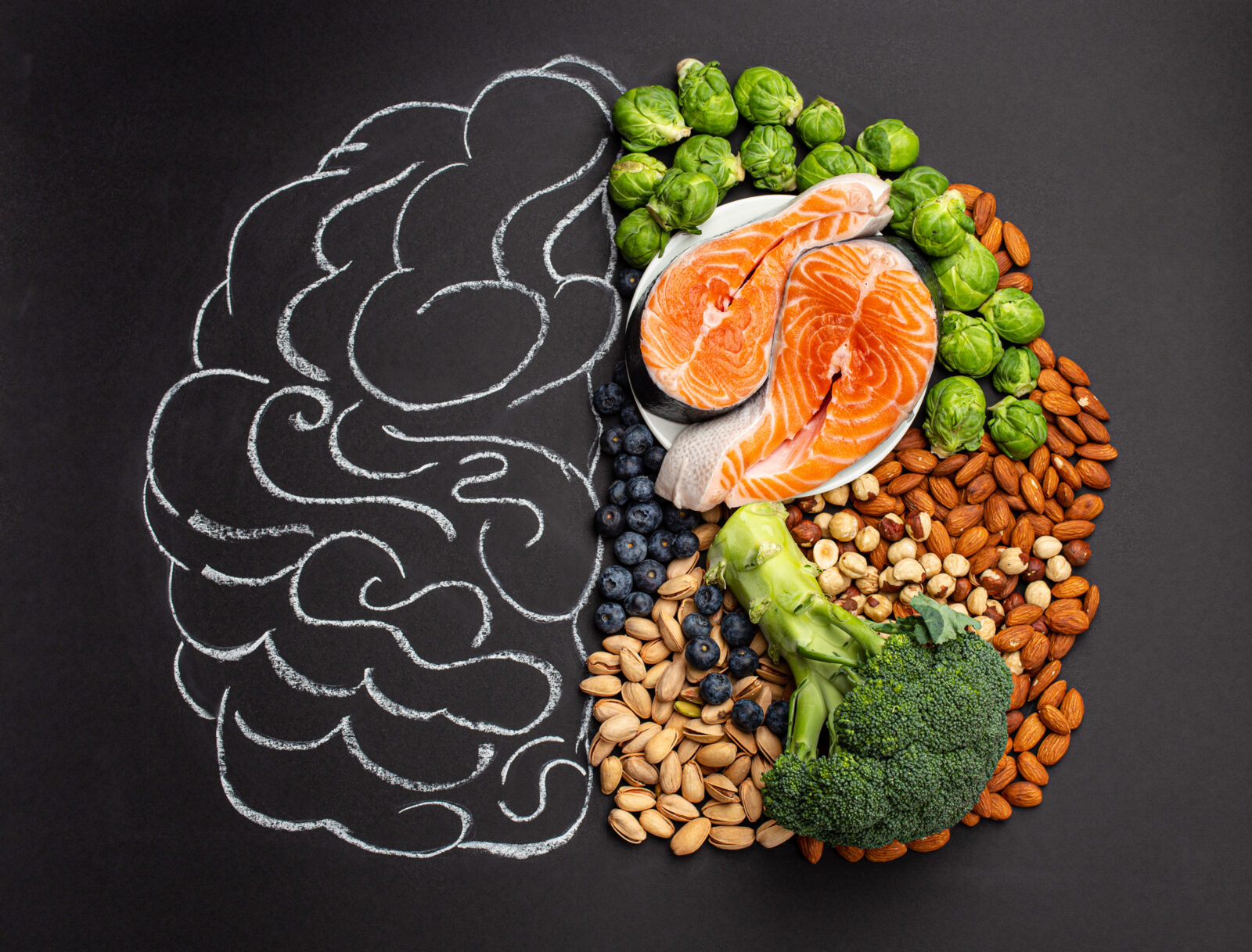
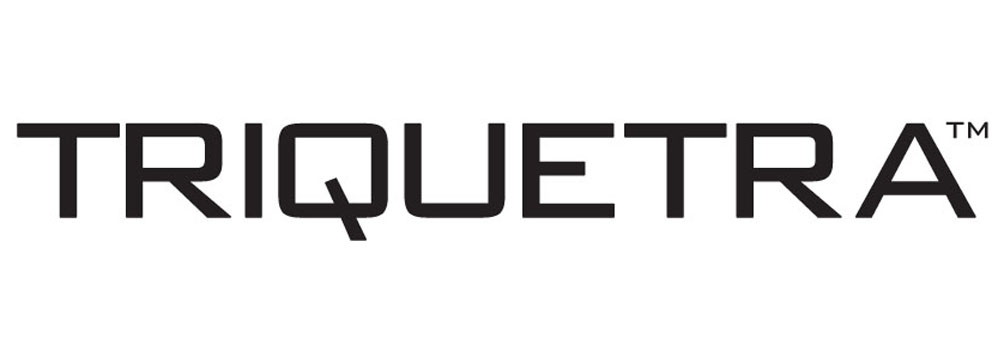

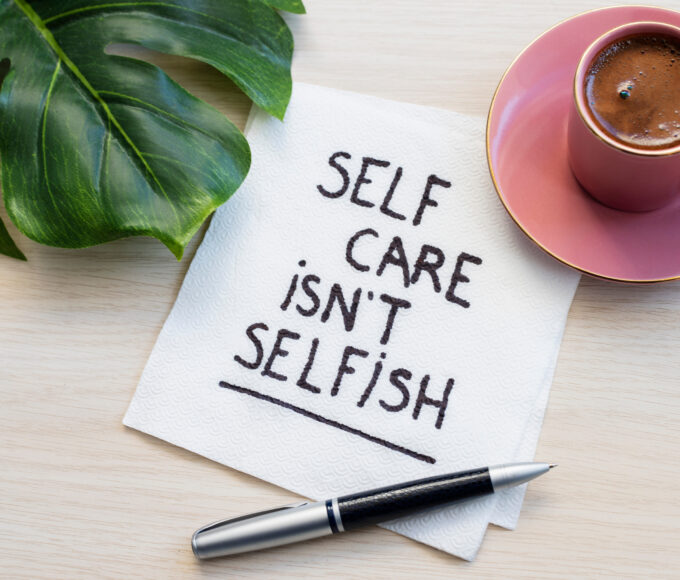


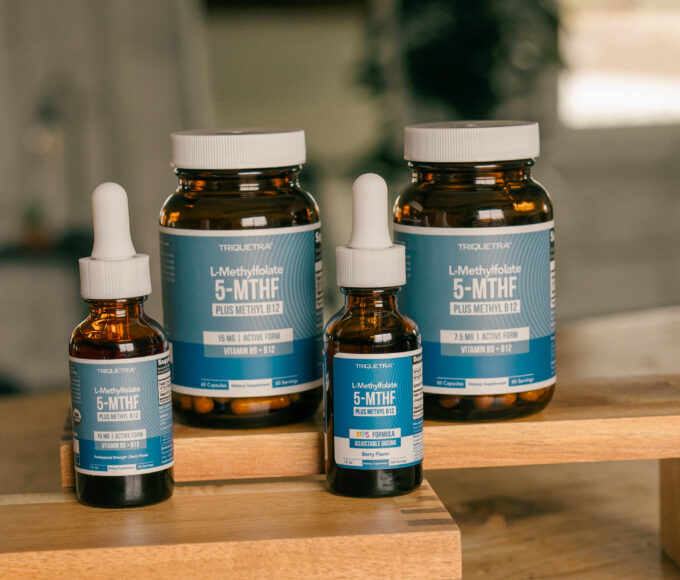

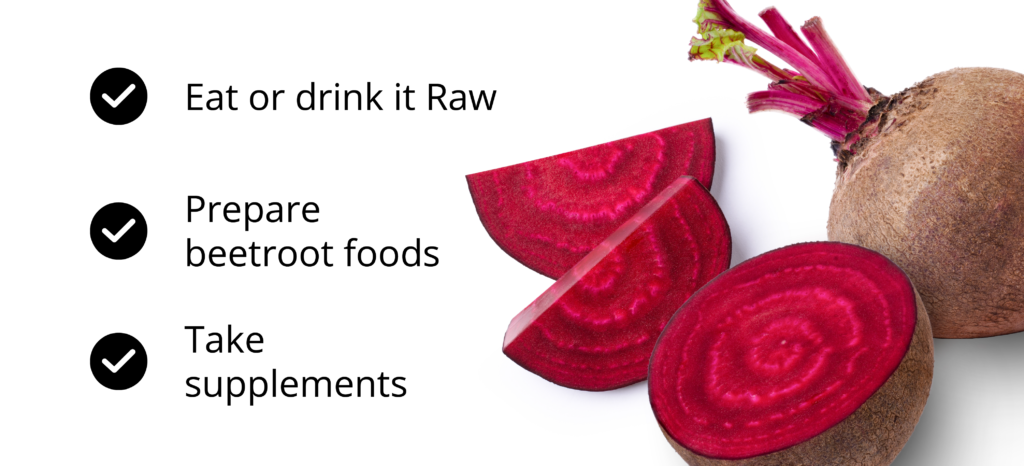


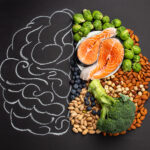


Leave a comment